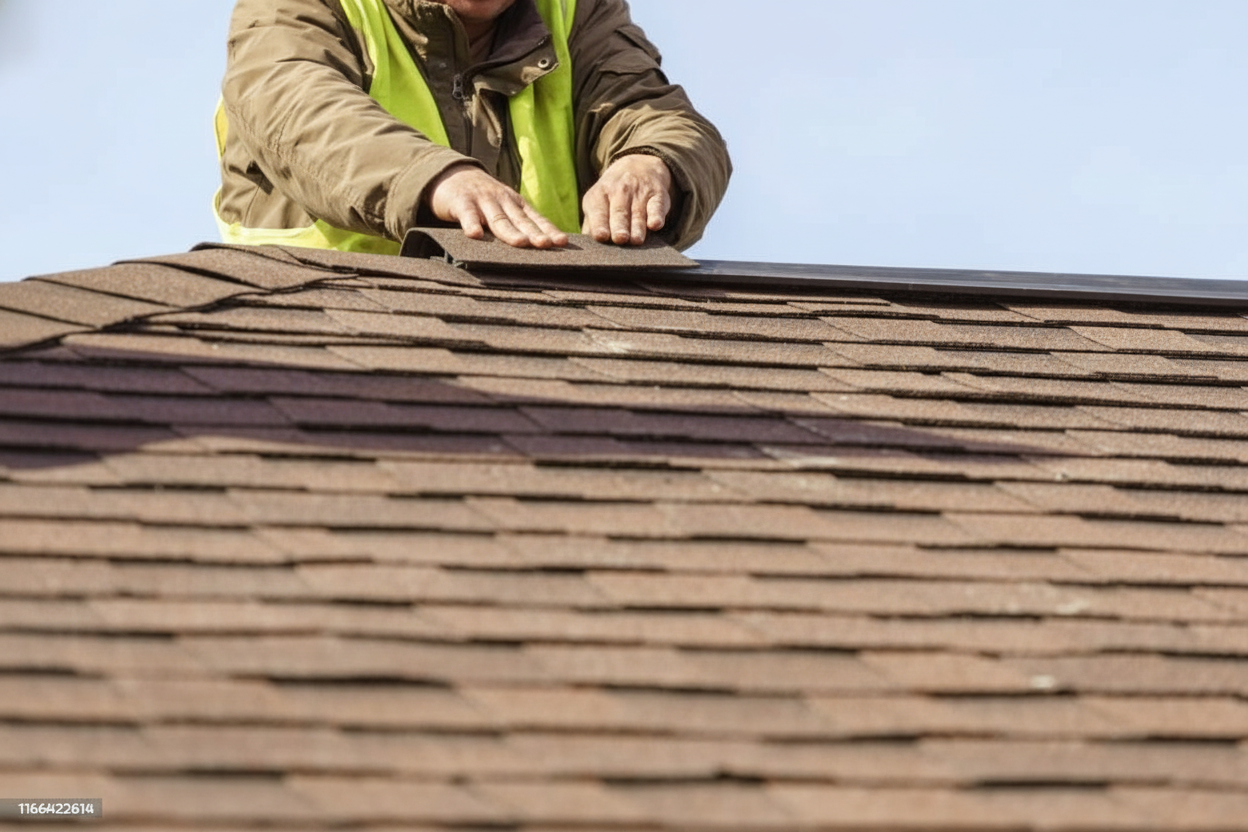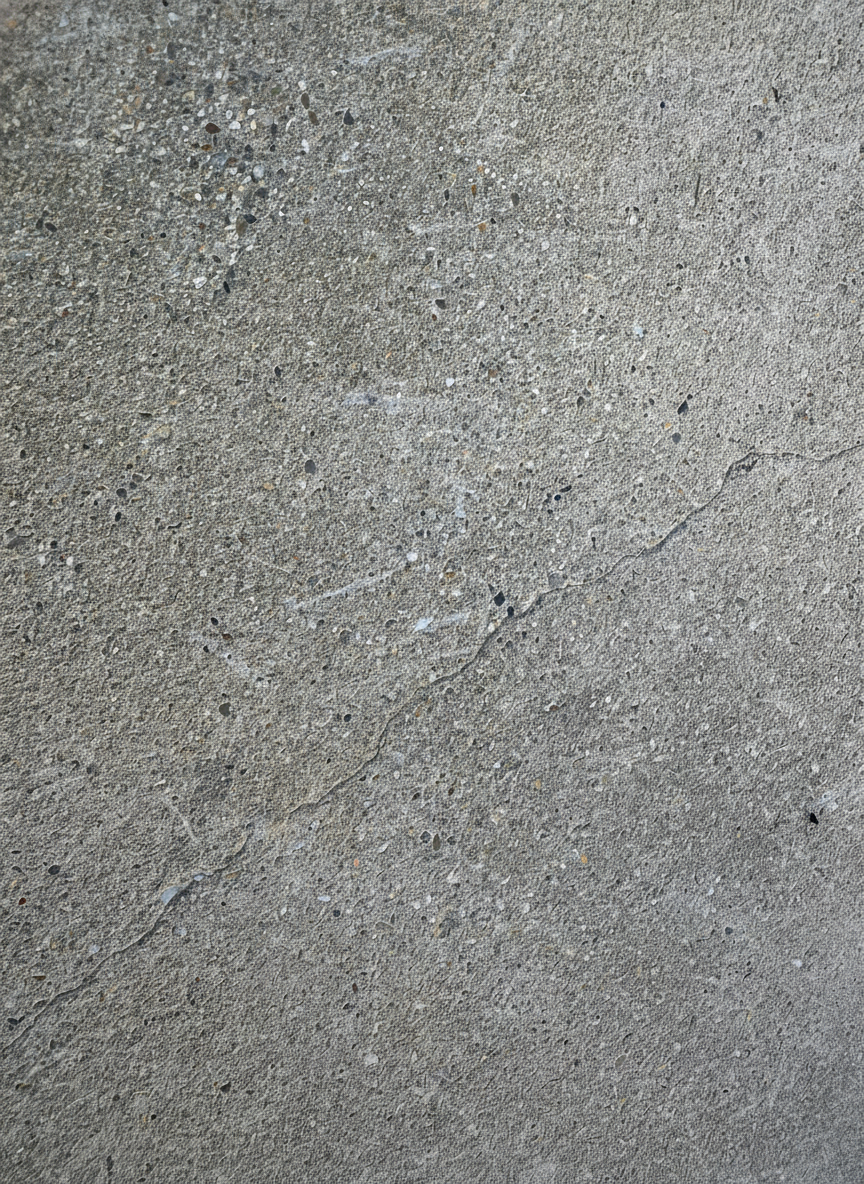Concrete Roof Tiles: Benefits, Drawbacks & What Homeowners Should Know in 2025
Maintenance & Repair
Tile Roofing Installation
November 22,2025
Concrete Roof Tiles: Benefits, Drawbacks & What Homeowners Should Know in 2025

Alt text: Professional roofers installing concrete roof tiles on a residential home, showing the installation process with workers on the roof
Concrete roof tiles offer a compelling mix of durability and affordability that attracts many homeowners. If you are considering a roof replacement or building a new home, understanding what concrete tiles bring to the table can help you make a confident choice that fits your budget and your home’s needs.
Concrete tiles can last 50 years or more with proper maintenance, making them one of the most cost-effective roofing investments available today.
This guide walks you through the key advantages and considerations of concrete roof tiles so you can decide if they are the right fit for your home. We will cover durability, cost, style options, energy efficiency, and practical concerns like weight and maintenance.
Why homeowners choose concrete roof tiles
Concrete tiles deliver several benefits that make them a popular roofing choice across different climates and home styles.
Built to last through extreme weather
Concrete roof tiles are made from a blend of cement, sand, and water that creates an exceptionally strong material. They hold up well against high winds, heavy rain, and hail, giving your home reliable protection year after year. Unlike materials that deteriorate quickly under UV exposure or moisture, concrete tiles maintain their structural integrity for decades.
This durability means fewer repairs and replacements over the life of your roof, which translates to long-term savings and peace of mind.
Budget-friendly without sacrificing quality
Compared to premium materials like clay or slate, concrete tiles offer excellent value. You get a durable, long-lasting roof at a fraction of the cost, making concrete an accessible option for homeowners who want quality without stretching their budget.
If you are weighing your options, exploring tile vs. shingle roofs in Florida can help you understand how concrete tiles stack up against other popular materials in terms of cost and performance.
Wide range of styles and colors
Concrete tiles come in various profiles, from traditional barrel shapes to sleek flat designs. Manufacturers can mold and color concrete to mimic more expensive materials, giving you flexibility to match your home’s architectural style.
Whether you prefer a Mediterranean look or a modern aesthetic, there is a concrete tile option that fits. For a deeper look at different tile profiles, check out our guide on types of tile roofs for design and strength.
Energy savings you can measure
Concrete tiles provide natural insulation that helps keep your home cooler in summer and warmer in winter, potentially reducing your energy bills by 10 to 20 percent.
The dense composition of concrete tiles slows heat transfer, which means your heating and cooling systems do not have to work as hard. Over time, this energy efficiency adds up to noticeable savings on utility bills.
Important considerations before choosing concrete tiles
While concrete tiles offer many benefits, there are practical factors you should weigh before making your final decision.
Weight and structural requirements
Concrete tiles are significantly heavier than asphalt shingles or metal roofing. This weight can require additional structural support, especially on older homes. Before installation, a professional should assess whether your roof framing can handle the load or if reinforcement is needed.
Understanding tile roof installation steps can give you insight into what structural preparations might be necessary for your home.
Installation complexity and cost
Installing concrete tiles requires specialized skills and equipment. The tiles must be precisely aligned and secured to ensure proper water drainage and weather resistance. This complexity often means higher labor costs and longer installation times compared to simpler roofing materials.
Working with experienced professionals is essential. If you are curious about what affects tile roof lifespan, proper installation is one of the most critical factors.
Ongoing maintenance needs
Concrete tiles are durable, but they still need regular care to stay in top condition. Over time, tiles can accumulate dirt, algae, or moss, especially in humid climates. Periodic tile roof cleaning helps maintain their appearance and prevents buildup that can trap moisture.
You should also watch for cracks or chips, which can develop due to impacts or freeze-thaw cycles. Catching these issues early with routine inspections can prevent bigger problems down the road. Learn how to spot signs that tile roof repair may be needed.

Alt text: Homeowner couple examining different concrete roof tile samples and materials for their home renovation project
Color options and fading
While concrete tiles offer more color choices than in the past, the palette is still more limited compared to materials like asphalt shingles. Additionally, concrete tile colors can fade over time due to sun exposure, which may affect your home’s curb appeal.
If maintaining a specific look is important to you, ask about color-retention treatments or consider materials with more stable pigmentation.
Comparing concrete tiles to other roofing options
Understanding how concrete tiles measure up against alternatives can clarify whether they are the best choice for your home.
| Factor | Concrete Tiles | Clay Tiles | Asphalt Shingles |
|---|---|---|---|
| Lifespan | 50+ years | 50-100 years | 15-30 years |
| Cost | Moderate | High | Low |
| Weight | Heavy | Heavy | Light |
| Maintenance | Moderate | Low | Moderate |
Concrete tiles strike a balance between affordability and longevity, making them an attractive middle ground for homeowners who want durability without premium pricing.
If you are deciding between materials, our comparison of clay vs. concrete roof tiles breaks down the differences in detail.
Making the right choice for your home
Concrete roof tiles offer a strong combination of durability, affordability, and style versatility. They can protect your home for decades while helping you manage energy costs. However, the weight and installation complexity require careful planning and professional expertise.
Before committing, consider your home’s structural capacity, your budget for both installation and maintenance, and your long-term aesthetic goals. Consulting with a qualified roofing professional can help you assess whether concrete tiles are the right fit.
If you are ready to explore your roofing options or need expert guidance, Foxhaven Roofing is here to help you make a confident decision that protects your home and fits your lifestyle.
